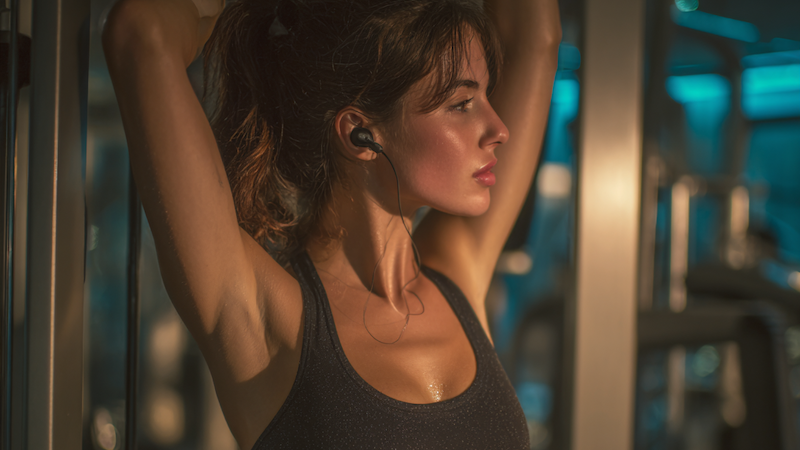Why Hydration Is the Secret Weapon for Better Training
When it comes to performance, recovery, and overall well-being, hydration isn’t just important - it’s essential. Whether you’re lifting weights, running, cycling, or training with me in the private studio, the way your body uses water directly affects your energy levels, muscle function, and mental clarity.

1. Why Water Is Your Body’s Best Ally
Water is involved in nearly every process that keeps you moving: regulating body temperature, lubricating joints, transporting nutrients, and even clearing waste from your system. When you train, you lose water through sweat - and with it, essential minerals called electrolytes. Without proper hydration, fatigue sets in faster, your muscles contract less efficiently, and your risk of injury increases.
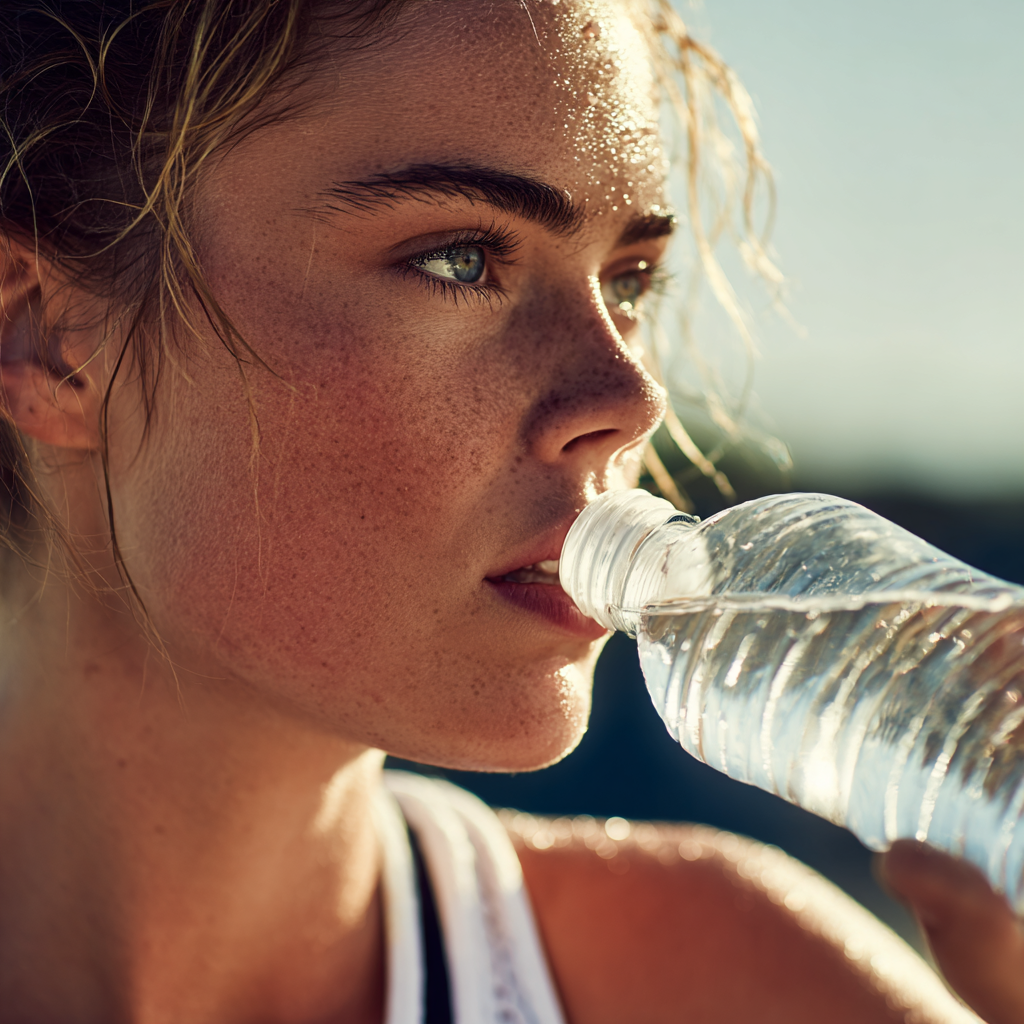
A study published in the Journal of Athletic Training found that even mild dehydration - as little as 2% of body weight lost in fluids - can significantly decrease endurance and cognitive performance. (Source)
2. Hydration and Performance Go Hand in Hand
Think of your body like a high-performance engine: without the right fuel and fluids, it simply can’t run at full capacity. Proper hydration allows your heart to pump blood more efficiently, delivering oxygen to your muscles when they need it most.
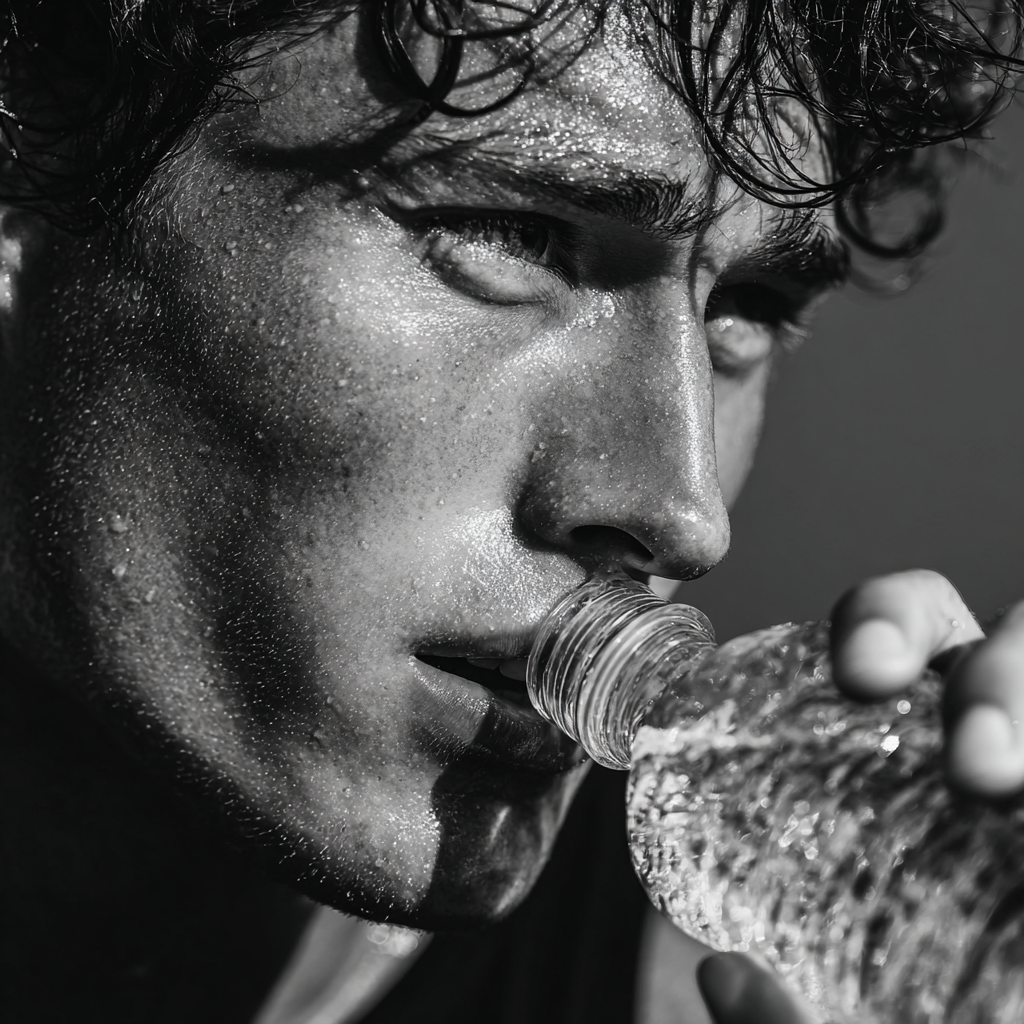
When you’re well-hydrated, your perceived effort - how hard the workout feels - is actually lower. That means you can push further without overstraining. Conversely, dehydration increases heart rate, slows recovery, and forces your body to work harder than necessary.
3. The Link Between Hydration and Recovery
Drinking water isn’t just about staying energized during the session - it’s crucial afterward. Proper hydration accelerates the removal of metabolic waste from your muscles, helping reduce soreness and speed up recovery.
Pairing hydration with balanced nutrition and protein intake maximizes muscle repair. Without enough water, nutrients don’t reach your tissues efficiently, slowing the entire recovery process.

4. How Much Should You Drink When You Train?
There’s no one-size-fits-all formula, but here’s a simple framework:
- Before training: Drink 400–600 ml of water about 1–2 hours before your session.
- During training: Aim for 150–250 ml every 15–20 minutes, especially if you’re sweating heavily.
- After training: Rehydrate with at least 500 ml within 30 minutes, ideally with electrolytes if your session was intense.
Remember, thirst is a late signal. If you wait until you feel thirsty, your body is already dehydrated.
5. When Plain Water Isn’t Enough
For longer or high-intensity sessions, especially in warm environments, water alone may not be sufficient. You also need to replace sodium, potassium, and magnesium - electrolytes lost through sweat. In these cases, mineral waters or dedicated hydration solutions can be game-changers, maintaining balance and preventing cramps.
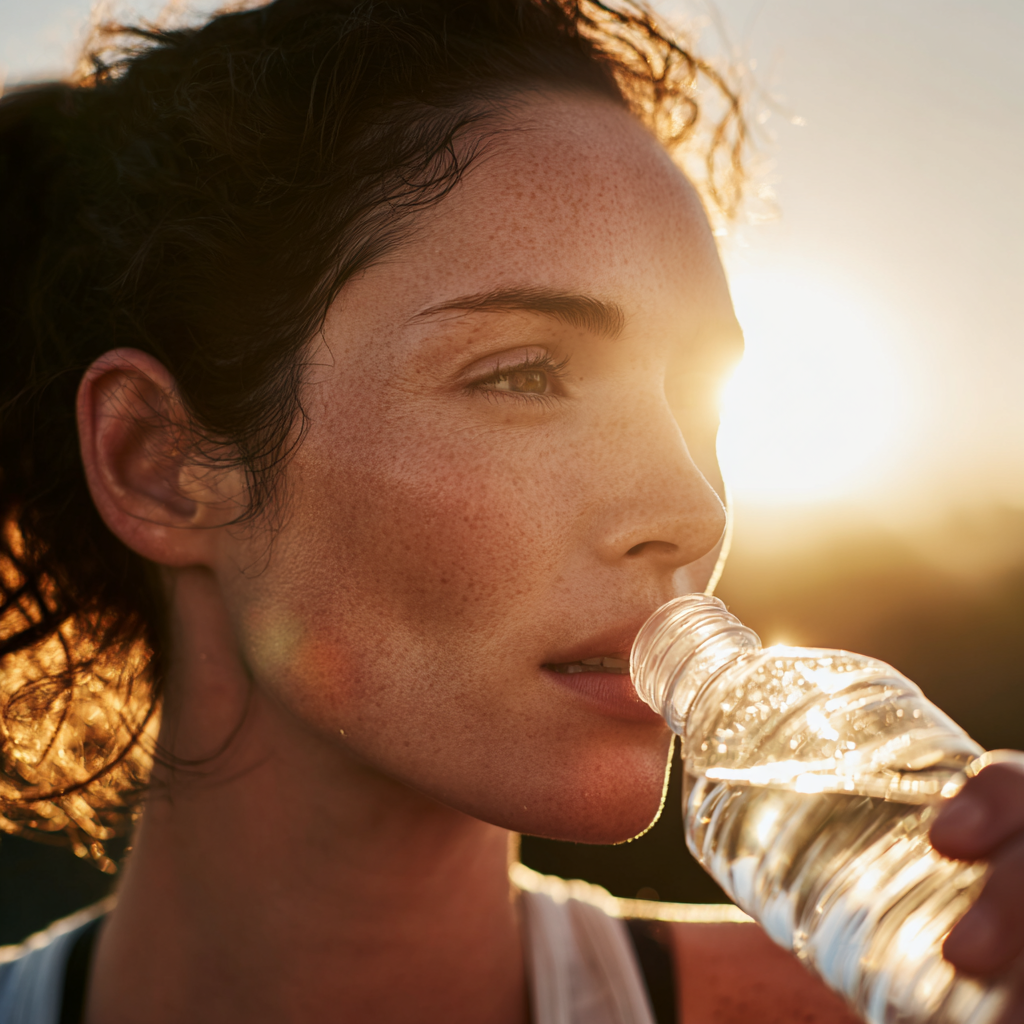
6. Hydration, Focus, and Mental Clarity
Training isn’t just physical; it’s also mental. Research published in Nutrients (2021) shows that mild dehydration can impair attention, short-term memory, and decision-making speed - all crucial when executing precise movements or maintaining proper form. (Source)
Staying hydrated doesn’t just fuel your body - it keeps your brain sharp, ensuring better coordination and fewer mistakes during workouts.
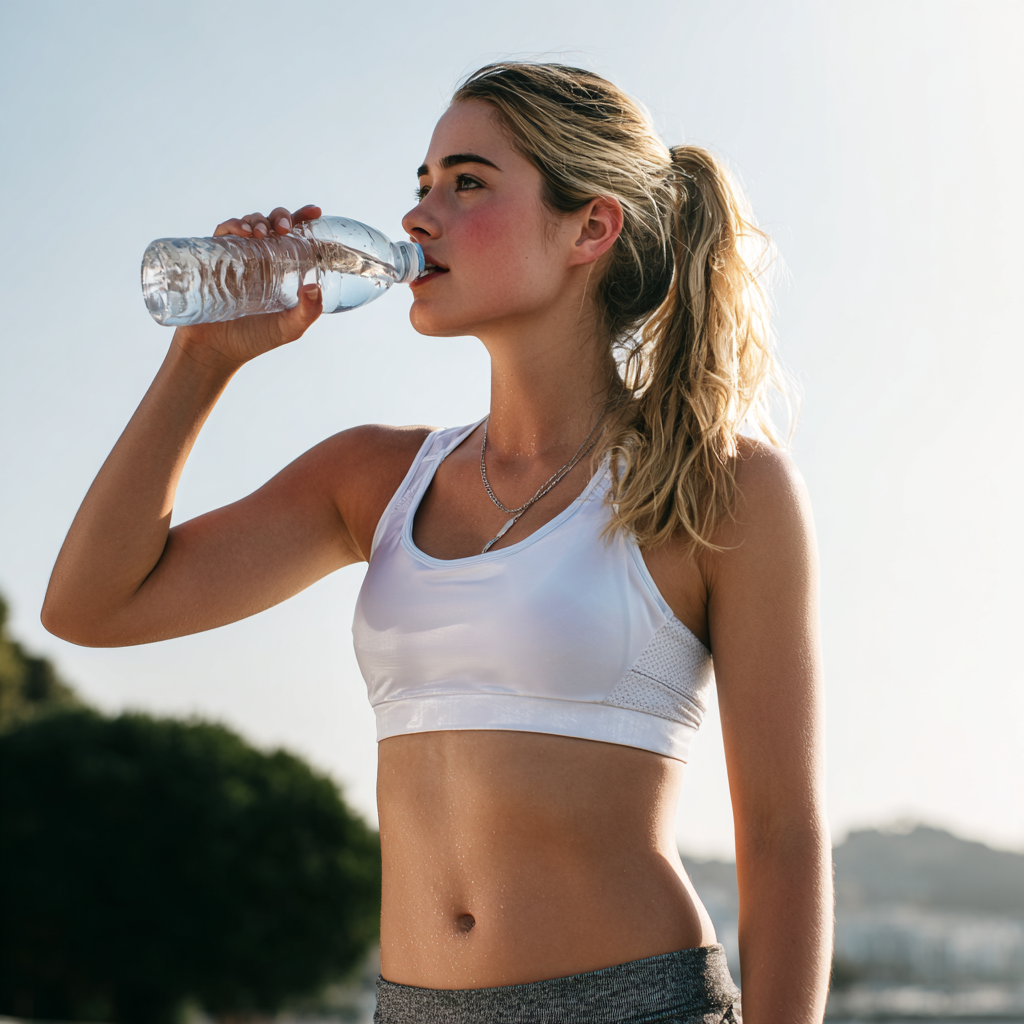
Conclusion: Small Habit, Huge Results
Hydration isn’t the most glamorous part of fitness, but it’s one of the most powerful. By paying attention to your water intake before, during, and after your sessions, you’re setting yourself up for better performance, faster recovery, and overall improved well-being.
And remember: in the private studio, I help clients integrate these habits seamlessly into their training. Because results don’t come from intensity alone — they come from balance.





